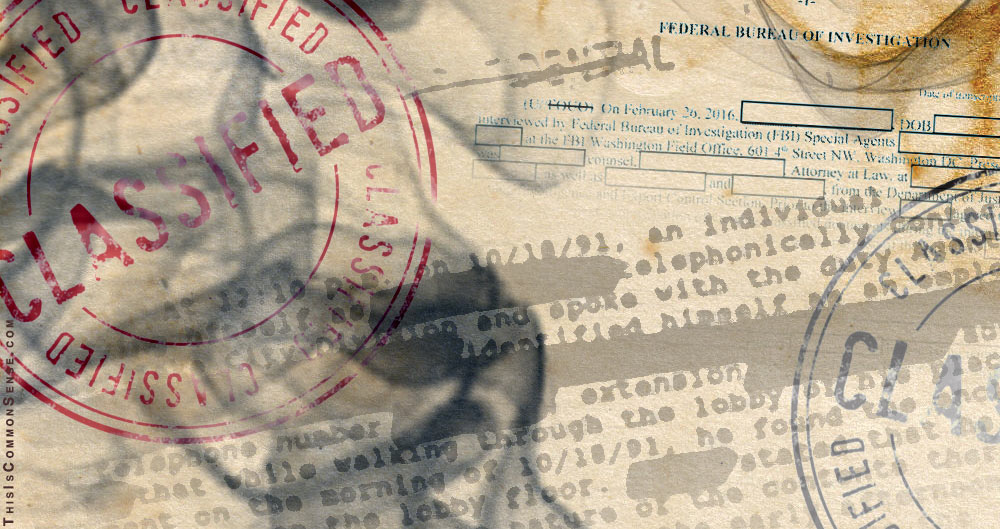The Republican memo soaking up so much attention paints an ugly picture of a republic gone off the rails — but it should not be mistaken for The Facts.
We have smoke, sure. And the smoke can be seen, not unreasonably, as a sign of … a vast insider conspiracy.
But we have only second-hand information; the “smoking gun” has yet to be presented.
The House Intelligence Committee Report memo relates to the behavior of the FBI and its use of a dossier prepared by a former British intelligence officer, Christopher Steele. This operative was hired by Fusion GPS, a political research firm, which was under contract first with a conservative website, The Washington Free Beacon, and then with the Democratic National Committee and the Hillary Clinton for President campaign. His assignment was to research an alleged connection between Trump and the Russian government.
Steele dug up some interesting stuff, which would have been more persuasive had not some of it been obviously fabricated (I’m thinking of the infamous Russian prostitution story). The dossier got into the hands of the FBI by a circuitous route* and was used, says the memo, to get FISA warrants to electronically surveil a Trump campaign operative, Carter Page. Tellingly, the FBI never told the FISA court the specific origin of the dossier.
To get to the truth, we need more — the FISA warrants themselves, at the very least.
There may be a proverbial smoking gun somewhere in this mess. The missing-then-discovered text messages of two partisan FBI agents do suggest a conspiratorial mindset.
That being said, let’s not jump to conclusions. Alan Dershowitz is right: a non-partisan investigation is necessary.
This is Common Sense. I’m Paul Jacob.
* Including Sen. John McCain!










